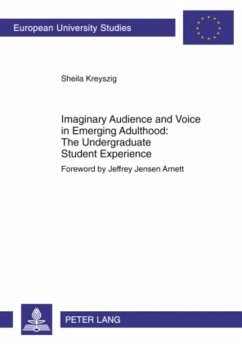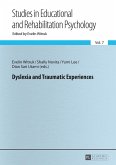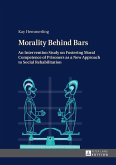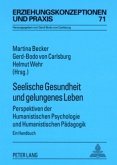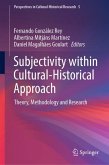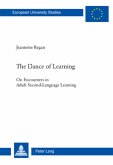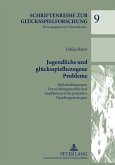The author explores the experiences and beliefs of emerging adult students, concerning their sense of voice and use of imaginary audience. Quantitative analyses revealed differences in voice and academic standing, and women reported higher feminine gender orientation than did men. Through qualitative analyses, participants stressed a need for connection and familiarity, comfort, and sense of ease which were associated with higher levels of voice. Participants using imaginary audience described engaging in it as a method of preparation, a coping mechanism to deal with discomfort, or, for some, as a form of fantasy. Some of the participants made connections between imaginary audience and level of voice, suggesting that lower levels of voice may be associated with greater use of imaginary audience. These findings provide valuable information for those who serve emerging adults in academic environments.
Bitte wählen Sie Ihr Anliegen aus.
Rechnungen
Retourenschein anfordern
Bestellstatus
Storno

